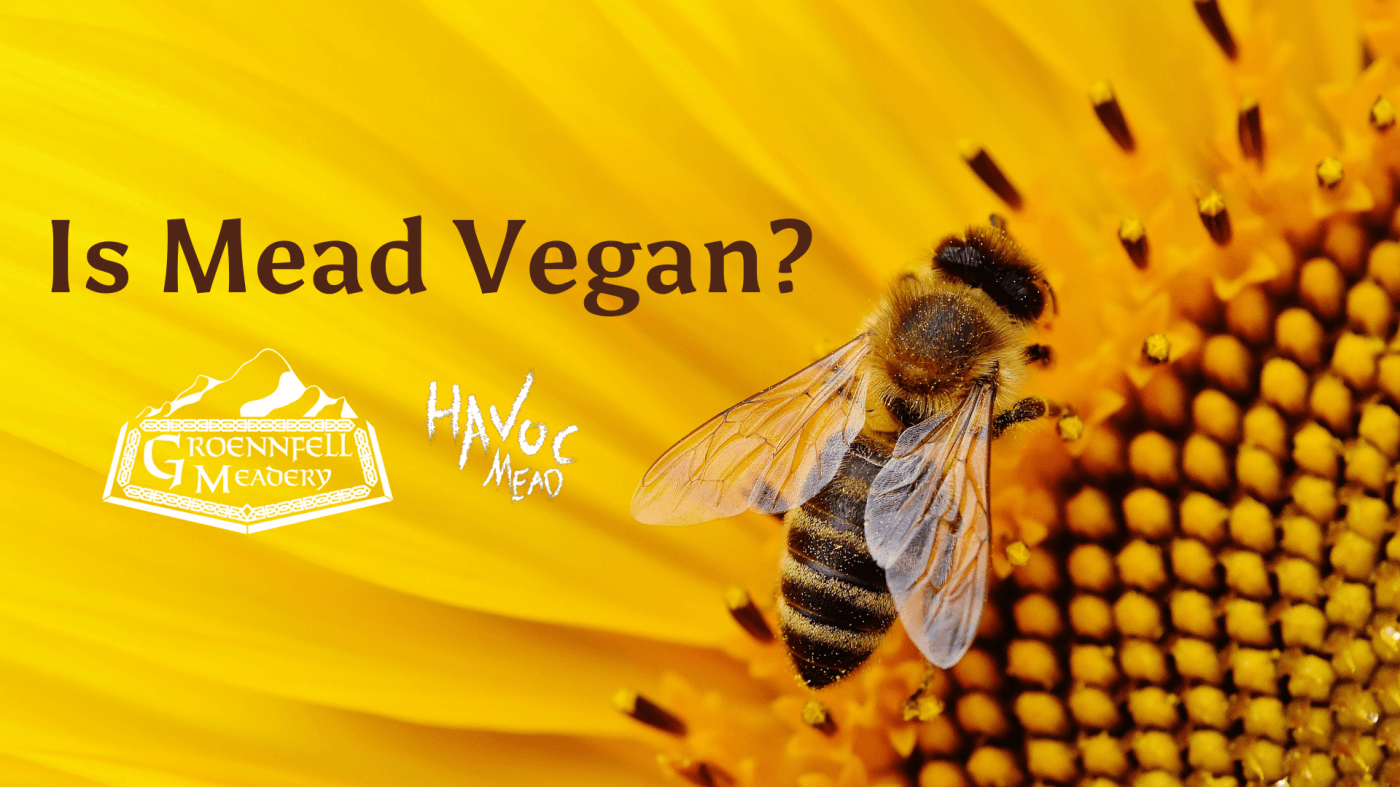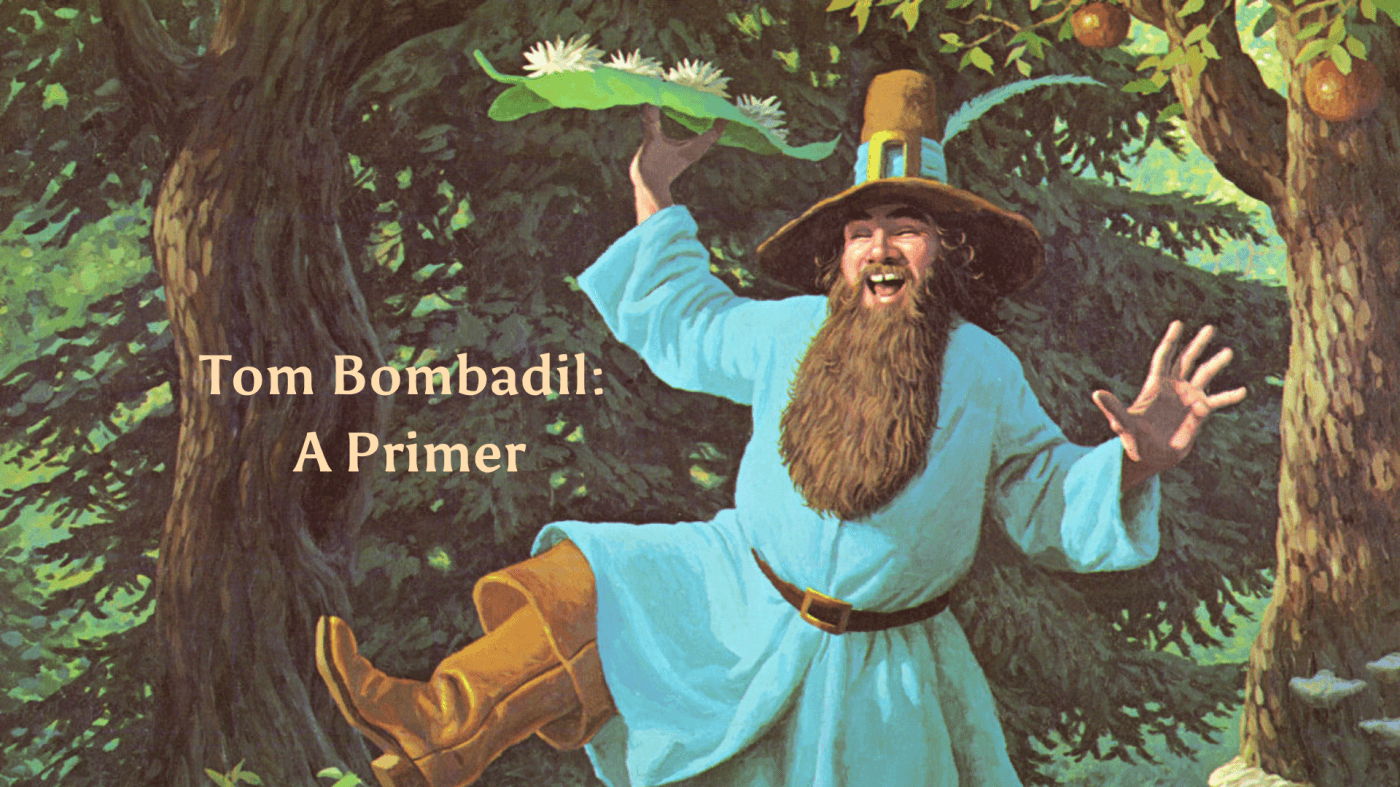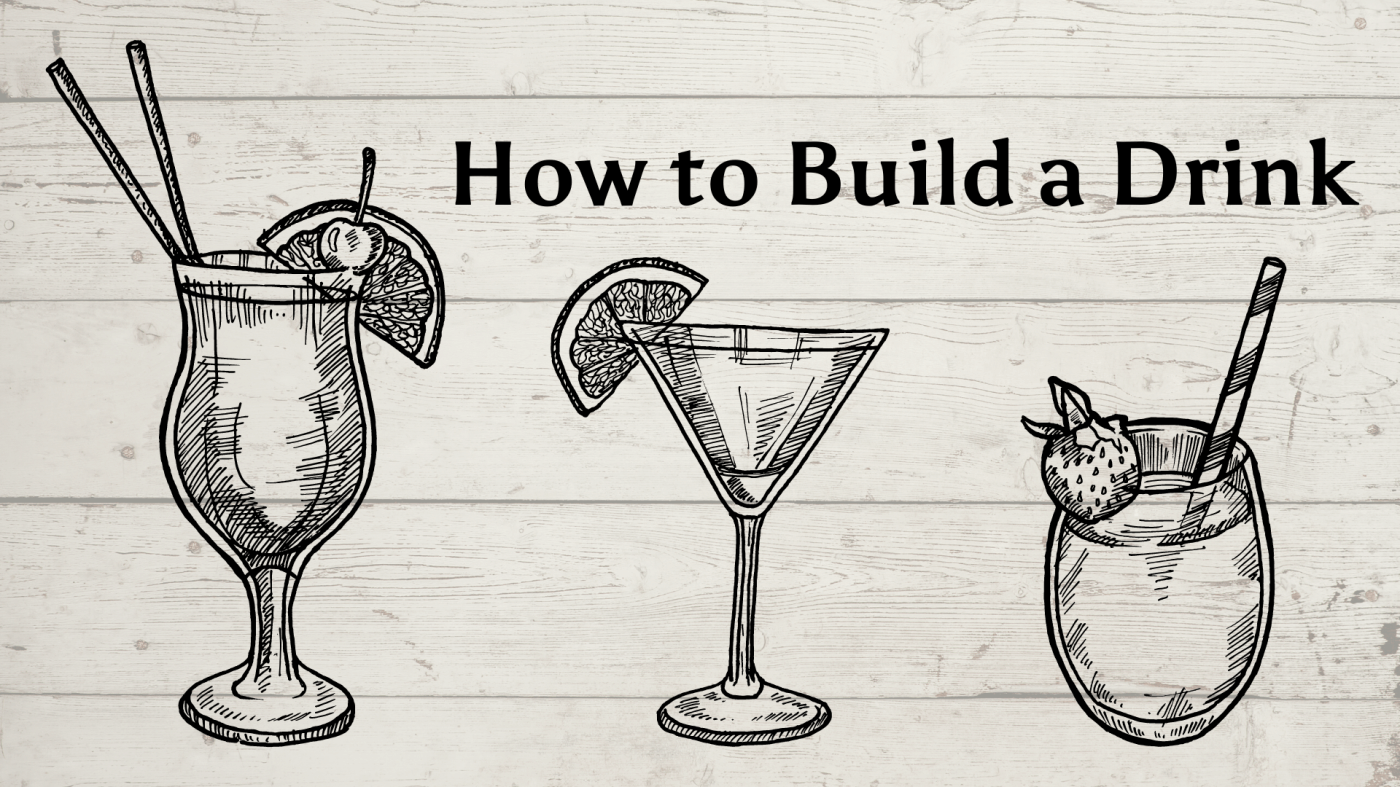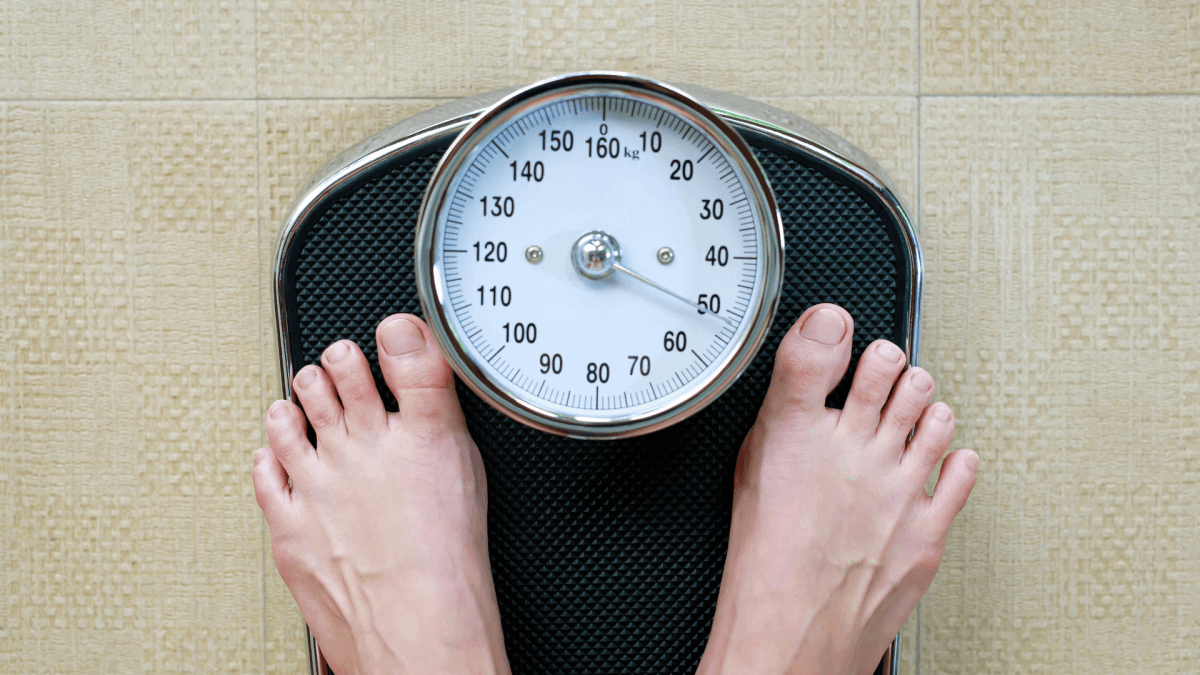Mead is made from honey. Honey comes from bees. Although tiny, bees are, in fact, animals. So, is mead vegan? No, mead is not vegan.
Well. That was a short blog post.
If you are
- Not vegan yourself
- Do not desire to become vegan
- Do not know any vegans
- Do not have any interest in veganism or other restrictive dietary practices

(Look at this lady, hard at work!)
For those of you who do not fall into the above category of disinterested carnivore (or mere vegetarian), then this can actually be a very interesting question. Can something that comes from animals fulfill enough of the tenets of an animal-product-free diet, to pass muster?
The question is further complicated by foundational principals of any one individual’s veganism and the implications for the wider food system.
You see, without cows there is no milk and there are no steaks. Time was, that without cows there were no potatoes either. Having bovine assistants on the farm was not merely a luxury, it was a necessity. No plow oxen, no plow, no food. [1]
With the industrial revolution we have had an explosion of technologies which sequestered animals within the farm or removed them entirely. Our bovine friends were exclusively for more nutritive uses, and our equine companions found greener pastures; hogs were no longer required as four-legged disposals. Thanks to large tractors and devoted pioneers, Iowa could become the 56,272 square-mile corn maze that we know and love today.
But what if your tastes wax more nutritious and less… ethanol scam? What about oranges, apples, almonds, broccoli, avocados, tomatoes, zucchini, cucumbers, cauliflower, and all of the rest of the things your doctor says you should be eating? After approximately 12,000 years of technological advances in agriculture, y’know what we still can’t do without? Pollinators.
“No Bees, No Food.” It’s practically the mantra of the 21st century. [2] We can get away to some extent with wild pollinators, but crisis after crisis crossed with general human meddling means it’s getting harder to grow fruits and vegetables without the intentional help of our friends the honey bee. Honey bees who, in the natural course of making it possible for humans to eat almost anything at all, also produce scads of that golden sticky stuff.
Now, extracting honey presents a small risk to the bees, but a very slight one. It is possible to extract honey with almost no casualties and, as far as we can tell, very little discomfort to the denizens of the hive. This can also be done without negatively affecting the fecundity of the hive or its ongoing health.
There are many online who take a hardline stance on the subject of “enslaving bees,” and as mentioned before, the varying definitions and motivations of individual vegans complicates the matter enormously. If you are of the mindset of the author cited above who resists domestication in all of its forms and believes that bees are upset when a member of their hive dies, then there really is no wiggle room for vegans consuming mead. It also means allowing extremely large portions of the human population to die of starvation, possibly a near extinction. This is not included to be snarky or dismissive. There are many people who feel this strongly about their lifestyle and food choices, and we have included the hyperlink above to give a rebuttal to our position.
Furthermore, there are other things that can render a mead unfit for vegan consumption such as isinglass, a fining (clarifying agent) made from swim bladders of fish. It is rarely used in mead-making but is an allowable ingredient. It is also possible that other ingredients in a particular mead may come from non-plant sources. If you are concerned about these things, it’s just one more reason to reach out to your friendly neighborhood Meadmaker.[3]
So what is our official position? We don’t have one. No one on our staff is a vegan who drinks mead, but several of our customers are. We have reached out to a few of them before writing this article and found that their general sense is that they desire to do no harm, or as little as humanly possible. They tend to see no negative impact whatsoever on the bees, and we pride ourselves on the quality of our sourcing.
In fact, one of the reasons we only use wildflower honey is that the transportation of hives for pollination can have an enormous impact on the health of a hive.
We all struggle to be good members of the interconnected web of which we are all a part. We genuinely appreciate the moral fortitude of vegans who forgo so many foods and beverages that the world has to offer.
Summing it up then: Is mead vegan? No. Can you be a vegan who drinks mead? Absolutely.
[1] This article will assume that you cannot feed large populations with hunter/gatherer techniques. For a fuller exploration of this question: Think about it for a little while.
[2] Or maybe it’s “No Farmers, No Food,” or maybe it’s “Hold on, I need to Facebook this” as if Facebook is even a verb. Wait, maybe it is, I’m going to Google it real quick.
[3] We use only vegan ingredients at Groennfell Meadery besides the honey (see entire article above), except for this one time that Ricky made a pizza mead and garnished the glasses with pepperoni.




